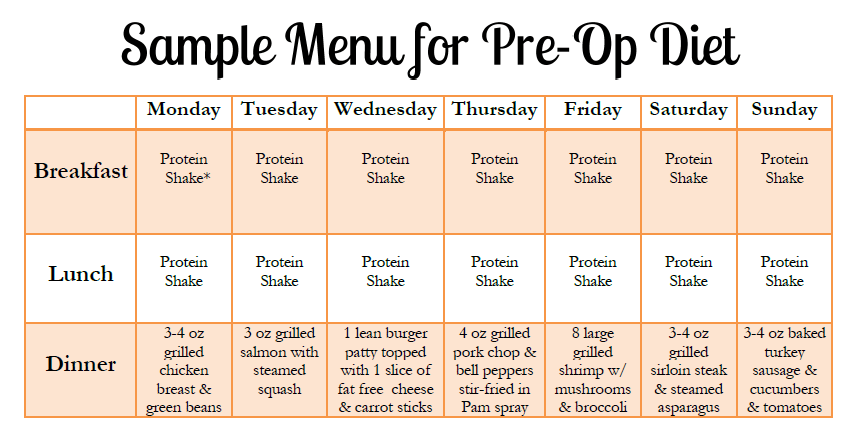Recovering from gastric sleeve surgery involves adapting to a new lifestyle, particularly regarding eating habits. Following specific dietary guidelines can promote healing and support weight loss goals. Understanding the different food stages, meal sizes, and frequencies, as well as foods to avoid, can help make the transition smoother.
Recommended Food Stages Following Gastric Sleeve Surgery
After gastric sleeve surgery, food intake is usually introduced in stages. These stages allow your body to heal and gradually adjust to consuming solid foods again.
- Liquid Stage: During the first phase, stick to a liquid-only diet. Clear broths, unsweetened juices, and protein shakes are often recommended. This stage helps your stomach heal without added strain.
- Pureed Stage: Once cleared by your healthcare provider, transition to pureed foods. These should be smooth in texture and free of any chunks. Options like blended lean proteins, vegetables, and unsweetened yogurt may work well during this phase.
- Soft Foods Stage: After the pureed stage, soft, easily chewable foods are introduced. Examples include scrambled eggs, mashed fruits, and soft vegetables. Be mindful of chewing thoroughly before swallowing.
- Solid Foods Stage: Gradually incorporate solid foods back into your diet while focusing on nutrient-rich options. Lean proteins, fresh vegetables, and whole grains are often included during this stage. Continue chewing food carefully and eat slowly.
Meal Size and Frequency
Eating smaller, more frequent meals helps your stomach accommodate its reduced capacity after surgery. Aim for five to six small meals a day rather than three large ones. Eating slowly and pausing between bites can help you recognize when you’ve had enough. This approach minimizes discomfort and supports healthier digestion.
Focus on protein-rich foods in each meal to support muscle maintenance and overall health. Use smaller plates and portion sizes to help control intake. Drink water between meals to stay hydrated without interfering with your food consumption, as your stomach has less space to handle both at the same time.
What to Avoid
Certain foods and habits may hinder recovery or cause discomfort. Avoiding them can improve outcomes after gastric sleeve surgery.
- Highly Processed Foods: Foods high in sugar, unhealthy fats, or refined ingredients may add unnecessary empty calories to your meals. Opt for nutrient-dense ingredients instead.
- Carbonated Beverages: These can cause bloating and may lead to discomfort. Choose water, herbal teas, or low-calorie beverages instead.
- Tough or Crunchy Foods: Foods like nuts, popcorn, or tough meats may be hard to digest in the early stages. Introduce these cautiously and consult your healthcare team for guidance.
- Overeating or Rapid Eating: Eating too quickly or consuming too much at once may lead to discomfort. Focus on mindful eating and take time to chew thoroughly.
- Drinking While Eating: Consuming liquids during meals may limit space in your stomach for food. Hydrate before or after meals by at least 30 minutes.
Seek Support and Guidance
Maintaining dietary habits after gastric sleeve surgery is needed for long-term success. Working with a dietitian or nutritionist specializing in bariatric care can help guide you through each stage of your diet. Joining a bariatric community or support group can also be beneficial. Connecting with others who are navigating the same process provides opportunities to share tips, recipes, and encouragement. Adhering to the recommended food stages, adjusting meal sizes, and avoiding specific foods can help ensure a smoother recovery. By building healthy habits early, you set yourself up for long-term success.
